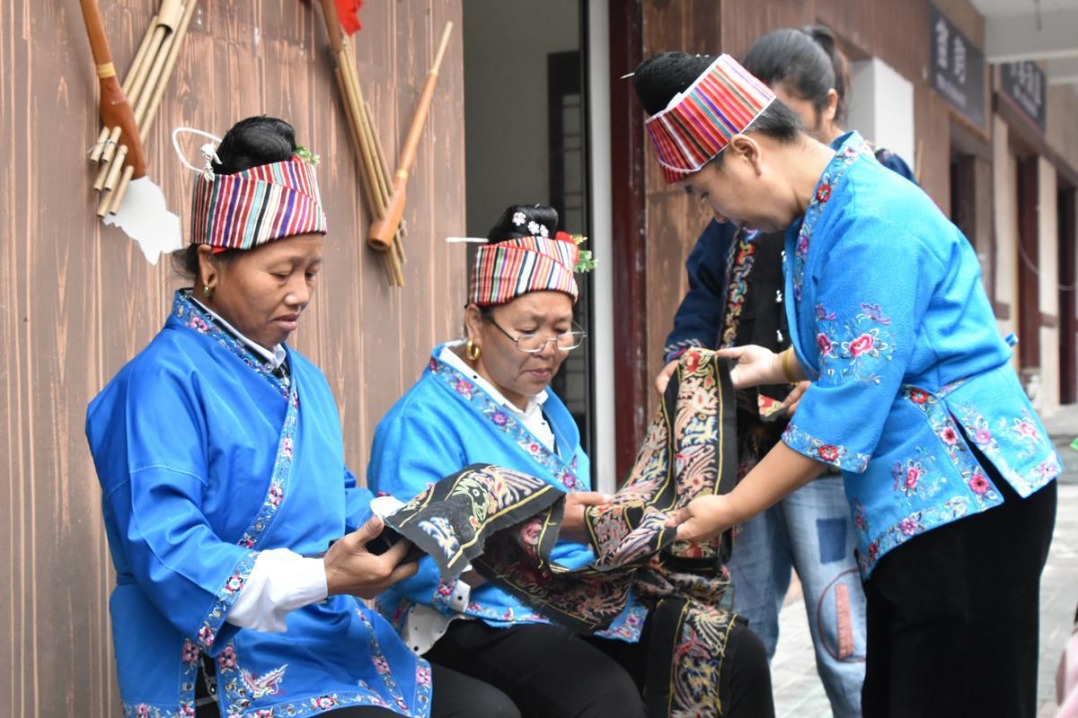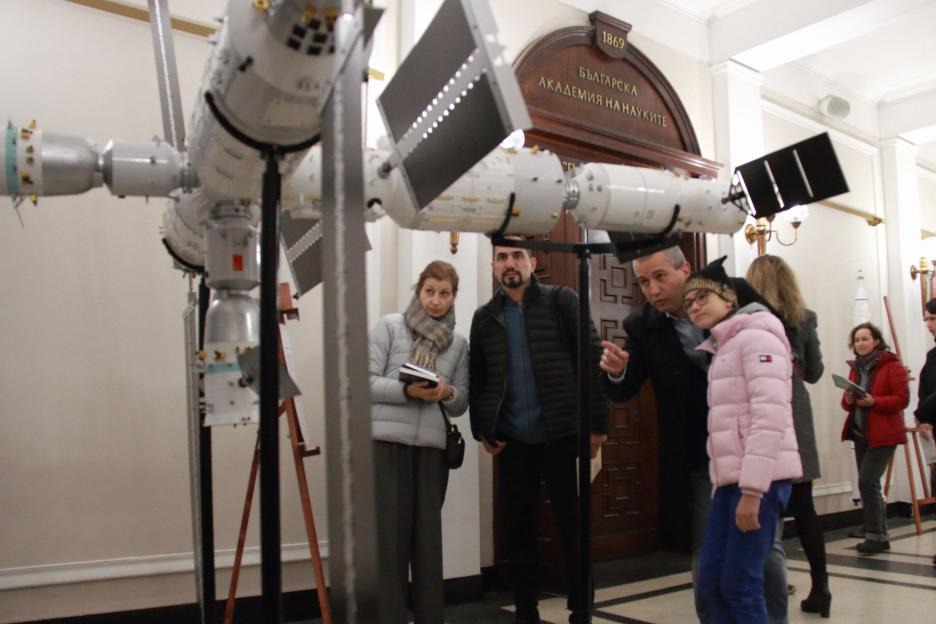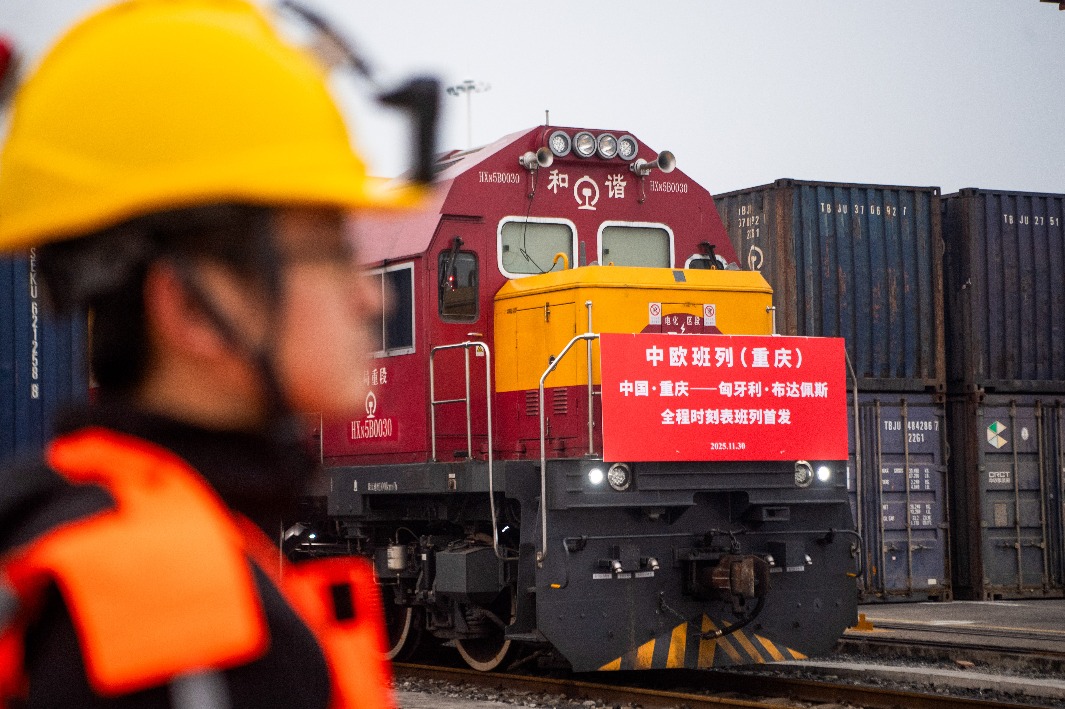System takes a step toward greater standardization

The regulations related to the petitions process make provisions for the procedures, duties and tasks and supervision of such work, which indicates that the petitions system has taken a big step toward standardization, institutionalization and law-based governance, experts said.
The new regulations, issued by the Central Committee of the Communist Party of China and the State Council, China's Cabinet, came into force on May 1. They clarify that petitions are important in helping the Party and the government understand people's conditions, pool their wisdom and safeguard their interests.
Handling petitions is an important way for the Party, government bodies at all levels and officials to supervise problems and improve the work of related departments and officials.
Yu Xun, a law professor at East China University of Political Science and Law in Shanghai, said the regulations guarantee the Party's overall leadership of petition work from the top, and also reflect the principles of putting people first and maintaining close connections between the Party, the government and the people.
The petitioning system, created in the 1950s, is a useful supplement to the democratic political system of socialism with Chinese characteristics, he said.
Since the 18th CPC National Congress in 2012, the standardization, legal basis and institutionalization of petition work have been comprehensively improved, thus playing an important role in maintaining the circumstances for the country's reform, development and stability, Yu said.
"The new regulations follow the basic direction of 'law-based petitions governance' and reaffirm that the path of rule of law is the fundamental way to deepen and improve reform of the petitioning system," he said.
On the one hand, they emphasize the protection of petitioners, such as by stating that no retaliation against them will be allowed. On the other, they stipulate that petitioners must follow the law during the procedure and must not use illicit methods or behave illegally, he added.
He noted that the regulations clarify the supervision mechanism for people employed within the petitioning system, as well as the consequences of violations, to promote and regulate staff members and the authorities to handle petitions according to the rule of law.
The document also brings petition issues under the rule of law and removes petitions involving litigation rights from the ordinary petition system by transferring them to judicial departments. Also, related matters must be handled through the required channels and time period, while unreasonable claims should not be supported, he said.
Liu Junhai, a law professor from the Renmin University of China in Beijing, said: "One important point that needs to be emphasized is the separation of litigation and petitions in the process of handling petitions. If non-litigation and litigation-related matters were included in the same petitioning system, the system would not work well."
Legal backstop
Referring to individuals who repeatedly write petitioning letters or even visit Beijing many times to learn about the progress of their case and protect their interests, Liu said that for petitions involving civil, commercial, administrative or criminal cases, China has laws related to such procedures. Therefore, those cases should be resolved via the judiciary rather than through the petition channels.
"For a long time, when the petitioners' problems could not be resolved at the roots, they believed that the higher authorities would help solve their problems, so they would repeatedly lodge petitions with different levels of authority," Liu said.
According to the Supreme People's Procuratorate, the highest related body, about 30 percent of the petitions received by procuratorates nationwide last year were repeat requests, while about 90 percent of those received by the SPP's procuratorial service hotline came under the jurisdiction of lower-level procuratorial bodies, other judicial organs or government departments.
"People should feel the warmth of the petitioning system and have a sense of access, security and happiness from it, which is an important criterion for petition work in the new era," Liu said.
The regulations require authorities and officials at all levels to solve problems based on reasonable petitions, educate those who lodge unreasonable requests, promptly help those experiencing difficult living conditions and penalize illegal behavior. Dividing cases into four categories aims to solve people's legitimate and reasonable demands in a timely manner and maintain the normal order of petitioning work, he added.
Yu said, "In order to really put the regulations into practice, it is necessary to closely connect internal and external Party regulations with national law, supplemented by supportive policies to create a good environment within society for positive action and to solve problems according to the law."
Under the new regulations, a standardized and effective petitioning system should be formed, and the authorities should also strengthen efforts to investigate and resolve conflicts and disputes to promptly promote the correct resolution of petitions, he added.
- Employee sorry for leaking pop star's rehearsal clips
- Shanghai ready for 2025 version of E-sports Masters
- New 'eco-police' system to be set up by 2027
- Hebei cooperative's cabbage proving a hit across China
- Kunming rail accident spurs safety overhaul nationwide
- Embroidery proving major draw at bustling Guizhou market





































